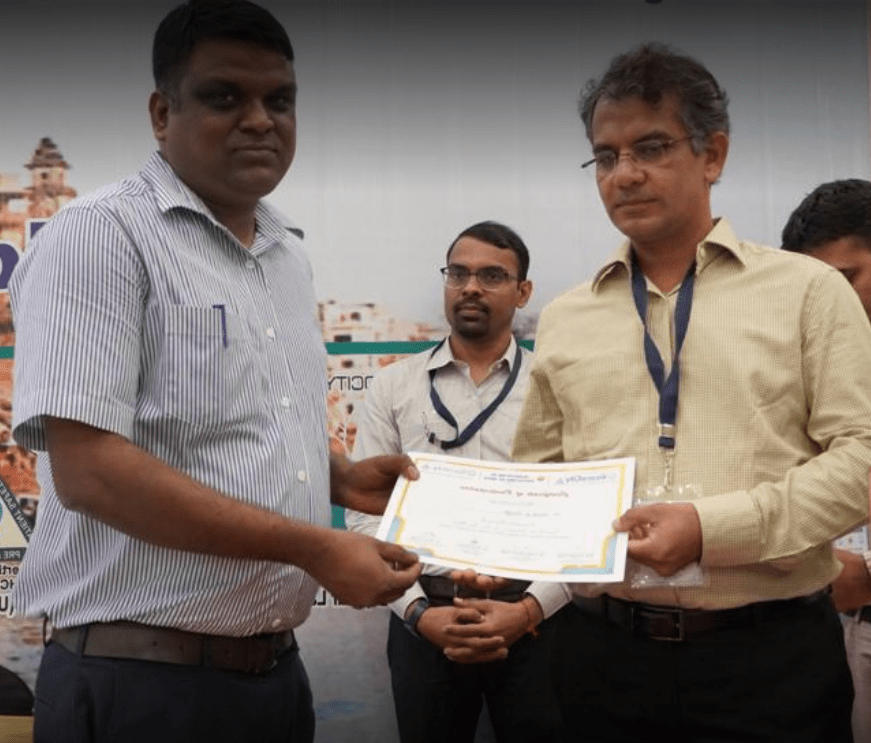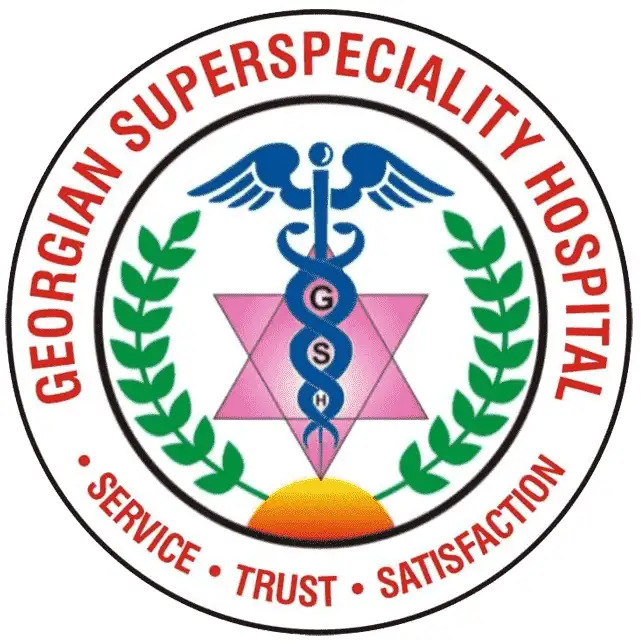
Neurosurgeon in Varanasi
– Trusted Brain & Spine Care at GSHRI
Led by Dr. Nandji Singh, our Neurosurgery department at Georgian Superspeciality Hospital delivers advanced, compassionate care using the latest technology and patient-first approach.
Speciality
- Experience – 15+ years
- Language – Hindi, English, Kannada, Telgu, Bhojpuri
- Type Of – Neuro, Brain & Spine Surgeon
Member
- Neurosurgical society of india
- Skull base society of india
- AO Spine
- Neurological society of india
Best Neurosurgeon in Varanasi
Why Choose Our Neurosurgery Department in Varanasi
Dr. Nand Ji Singh is a highly skilled and accomplished neural, brain, and spine surgeon. With an extensive educational background and specialized training, he is recognized for his expertise in the field of neurosurgery. Dr. Singh holds an M.B.B.S. (Bachelor of Medicine and Bachelor of Surgery) degree, which he obtained during his undergraduate medical education.
To further enhance his knowledge and skills, Dr. Singh pursued a Master of Surgery (M.S.) in General Surgery, enabling him to gain a comprehensive understanding of surgical principles and techniques. This foundation in general surgery laid the groundwork for his specialization.
As a testament to his dedication and commitment to excellence, Dr. Singh has completed a Fellowship in Advanced General Education (F.A.G.E), further honing his expertise in the field. This fellowship allowed him to acquire advanced knowledge and experience, enhancing his abilities as a surgeon.
Dr. Singh has also obtained a Master of Chirurgiae (M.Ch.) in Neurosurgery, the highest level of qualification in the field. This specialized postgraduate degree signifies his advanced training and expertise in diagnosing and treating conditions related to the brain and spine.
With his extensive educational background and rigorous training, Dr. Nand Ji Singh is well-equipped to handle complex cases involving the nervous system. He is known for his meticulous approach to surgical procedures and his commitment to providing the highest level of patient care. Dr. Singh’s expertise in neuro, brain, and spine surgery makes him a trusted and respected professional in his field, dedicated to improving the lives of his patients. Georgian Superspeciality Hospital
GSHRI’s Neurosurgery wing is renowned for excellence in treating neurological disorders and trauma. With state-of-the-art facilities and board-certified experts, we stand out for:
Leadership by Dr. Nandji Singh – Varanasi’s most experienced neurosurgeon (15+ years).
Modern imaging tech (MRI, CT, NeuroNavigation).
Ayushman Bharatsupport available (up to ₹5 lakhs).Holistic, patient-centric emergency and inpatient care.
Speciality Areas
- Brain Tumor
- SpineTumor
- Epilepsy attack
- Spine & Sencical
- Infection In Brain
- Brain Haemorrhage
- Having problems like migraine, hypertension
- Getting sciatica
- Having neuropathy
- Getting parkinson's disease
- Having a brain stroke
- Dizziness again and again.
Our Strengths
At GSHRI, We Pride Ourselves On:
24×7 Emergency Neuro Care
Cutting-edge surgical tools and navigation systems
Compassionate nursing & post-op support
Full insurance assistance — including
Ayushman Bharat
FAQs
Q1: Does Ayushman Bharat cover neurosurgery at GSHRI?
Yes — GSHRI supports insurance claims, including Ayushman Bharat (up to ₹5 lakhs), to ensure financial ease for patients.
Q2: How can I book a consultation with the neurosurgeon?
Click “Book Appointment” above, or call us directly at +91 79915 08183, or WhatsApp us using the floating chat icon.
Q3: Which neurosurgical procedures are performed here?
We offer tumor removal, spinal surgery, endoscopic and micro-neurosurgery, along with post-operative rehabilitation programs.
Contact & Location
Georgian Superspeciality Hospital & Neuro Care Centre
info@gshri.com
Address
Gokulpuram Colony Avleshpur, Chunar Rd, Near Gautam Nagar, Chitaipur, Varanasi, Uttar Pradesh 221006
